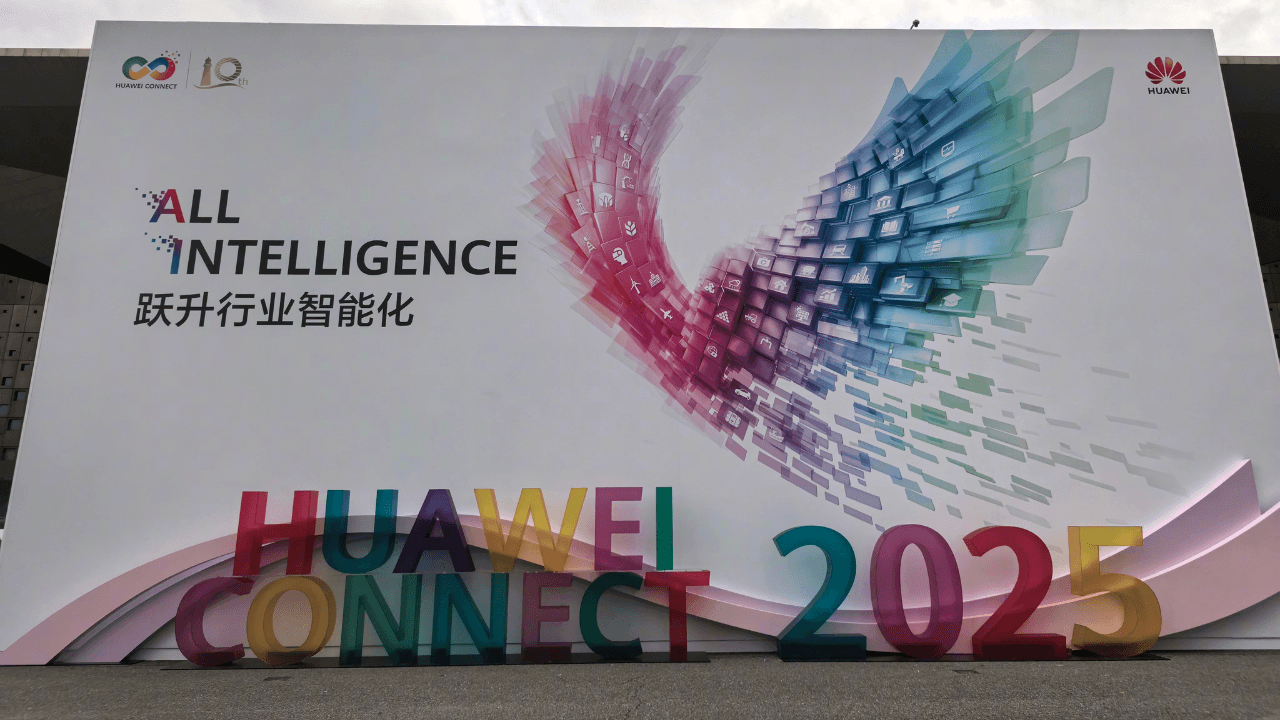
Huawei Launches “Tiangong Plan,” Pledging About $140 Million to Accelerate HarmonyOS-AI Ecosystem
Want to read in a language you're more familiar with?
Huawei launches a $140M “Tiangong Plan” to boost AI-native apps and agents for HarmonyOS; HarmonyOS 5 has surpassed 17M devices.
Huawei announced a new developer program called the “Tiangong Plan,” saying it will commit RMB 1 billion (about $140 million) in funding and resources to spur AI-native apps and agent development across the HarmonyOS ecosystem. The news came at HUAWEI CONNECT 2025, where the company also said HarmonyOS 5 devices have surpassed 17 million units.
Huawei described HarmonyOS as an ecosystem co-built on OpenHarmony, which over five years has grown to 130 million+ lines of code, 9,200+ contributors, and 1,300+ software and hardware products, with 70+ industry distributions spanning finance, transportation, education, energy, aerospace and consumer electronics.
Under Tiangong, Huawei aims to help developers create AI “meta-services,” intent frameworks/MCPs and agents, targeting more than 10,000 meta-services, 1,000+ intent frameworks and 5,000+ agents. The company also introduced a refreshed Xiaoyi Agent Open Platform with four development modes, 50+ components, 10 AI kits, 11 AI controls and 240+ standard intents, including support for natural-language agent creation.
Huawei highlighted new HarmonyOS 5 experiences across phones, PCs, tablets, watches and smart TVs. The Xiaoyi assistant is testing a “task space” that can orchestrate 120+ built-in tools and third-party agents for office writing, trip planning and creative tasks, and can generate files such as PPTs locally. Xiaoyi now recognizes 11 emotion categories and supports cross-device decision-making and task handoff via the “Xiaoyi Brain,” Huawei said.
The company added that HarmonyOS has received 10 million+ pieces of user feedback to date, with a reported 96% “fast-closure” rate on issues, as it pushes toward broader AI-native experiences across devices.





